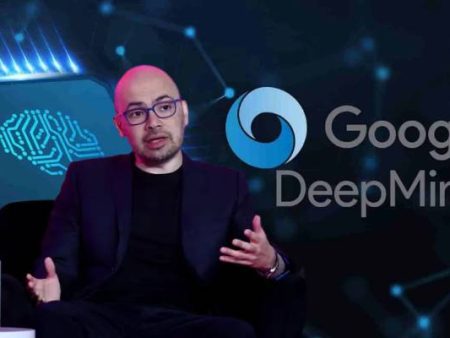OpenAI just made one of its most controversial announcements yet — starting this December, verified adult users will be able to access mature and erotic content within ChatGPT, marking a dramatic shift in how the company handles user expression.
The rollout, described in coverage of OpenAI’s new policy update, represents a calculated risk: expanding creative freedom while tightening the reins on safety.
The company’s leadership says this change is about choice, not provocation. Sam Altman, OpenAI’s CEO, admitted that ChatGPT’s filters had been “too restrictive,” often shutting down conversations that weren’t explicit but touched on intimacy or adult topics.
With new age-verification tools in place, OpenAI plans to give adults more autonomy over how they use the chatbot — including whether they want it to respond to romantic or erotic themes.
As Altman teased in a recent discussion of ChatGPT’s new direction, the model will be able to adapt tone, emotion, and style depending on the user’s verified settings, even offering what he called “consensual role-play and expressive companionship” within tightly controlled boundaries, according to reports on ChatGPT’s upcoming adult features.
Behind the scenes, OpenAI is building what insiders describe as a “responsibility infrastructure” — a mix of digital ID verification, country-based compliance, and context-aware moderation that can detect when a chat veers into unsafe territory.
It’s a complex undertaking, and it comes just months after reports that the company was developing new systems to identify under-18 users following public outrage over a teen’s death linked to chatbot misuse, as detailed in recent investigations into OpenAI’s safety upgrades.
Still, not everyone is convinced this is a wise move. Billionaire investor and parent of three, Mark Cuban, voiced skepticism, arguing that the so-called adult restrictions could backfire if age checks fail, putting minors at risk and eroding public trust in OpenAI’s content moderation.
His comments, shared in a critical analysis of the potential fallout, echoed the sentiment that the company is walking a tightrope between innovation and irresponsibility.
Altman, though, seems unfazed. In fact, he’s been surprisingly candid about the cultural discomfort this move will stir.
When asked if OpenAI is worried about backlash, he reportedly shrugged it off, saying the world “shouldn’t expect AI to stay sanitized forever.”
That remark aligns with his earlier hints that ChatGPT’s adult-mode expansion is part of a broader experiment in emotional realism, where AI interactions are meant to feel more human — messy, complex, even sensual — as outlined in coverage of Altman’s broader vision for AI expression.
If it sounds like a radical pivot, that’s because it is. This isn’t just about letting ChatGPT talk dirty — it’s about confronting what happens when machines are allowed to mirror adult emotion and desire.
Whether this new “grown-up mode” becomes a creative outlet or a regulatory nightmare depends on how OpenAI enforces it.
But one thing’s for sure: the company just turned a corner, and the rest of the AI world is about to follow — nervously, curiously, and with no small amount of judgment.


